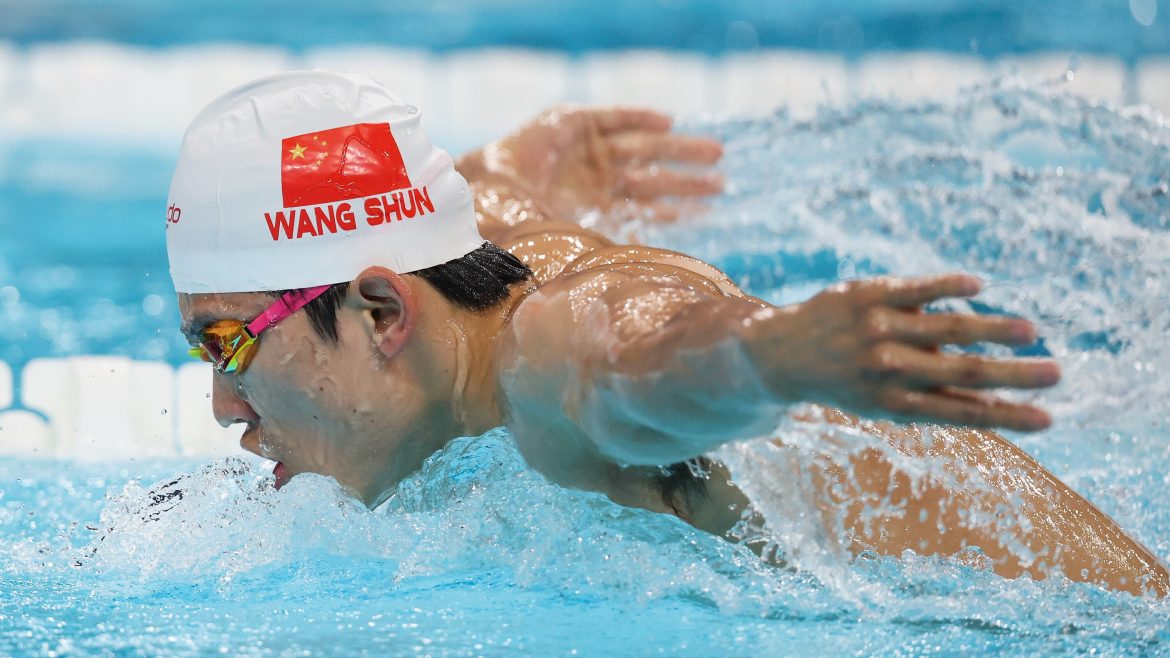The recent positive doping tests for Chinese swimmers have sparked outrage and disappointment among sports fans and officials worldwide. The news of these doping violations has once again raised concerns about the integrity of competitive sports and the measures in place to prevent cheating.
The positive tests were revealed after the Chinese Swimming Association conducted internal testing on its national team members. This revelation has cast a shadow over China’s swimming program, which has been under scrutiny in the past due to doping allegations.
The World Anti-Doping Agency (WADA) and the International Swimming Federation (FINA) have been swift in their response, expressing their commitment to upholding clean and fair competition. They have emphasized the importance of maintaining a level playing field for all athletes and have called for thorough investigations into the matter.
The repercussions of these positive doping tests extend beyond the individual athletes involved. They tarnish the reputation of Chinese swimming and raise questions about the effectiveness of anti-doping efforts in the country. The incident also serves as a reminder of the ongoing battle against performance-enhancing drugs in sports.

In light of these developments, there is a growing call for stricter enforcement of anti-doping regulations and increased vigilance in monitoring athletes. It is crucial for sports organizations and national governing bodies to prioritize the fight against doping and to implement robust testing protocols to deter cheating.
While the news of positive doping tests is disheartening, it also underscores the need for transparency and accountability in sports. Athletes, coaches, and officials must uphold the highest standards of ethical conduct and be held responsible for their actions. This includes fostering a culture of clean competition and ensuring that athletes have access to proper education and support regarding anti-doping policies.
Moving forward, it is imperative for all stakeholders in the sporting community to work together to address the root causes of doping and to promote a clean and fair playing environment. This requires a collective effort to instill values of integrity, honesty, and respect for the rules of sport.
As the investigation into the positive doping tests for Chinese swimmers unfolds, there is hope that lessons will be learned and necessary reforms will be implemented to prevent similar incidents in the future. It is an opportunity for reflection and renewal of commitment to upholding the principles of true sportsmanship and fair competition.
In conclusion, while the news of positive doping tests for Chinese swimmers has sparked anger and disappointment, it also serves as a catalyst for positive change. By addressing the underlying issues and reinforcing anti-doping measures, the sporting community can strive towards a future where clean competition is upheld and celebrated.


